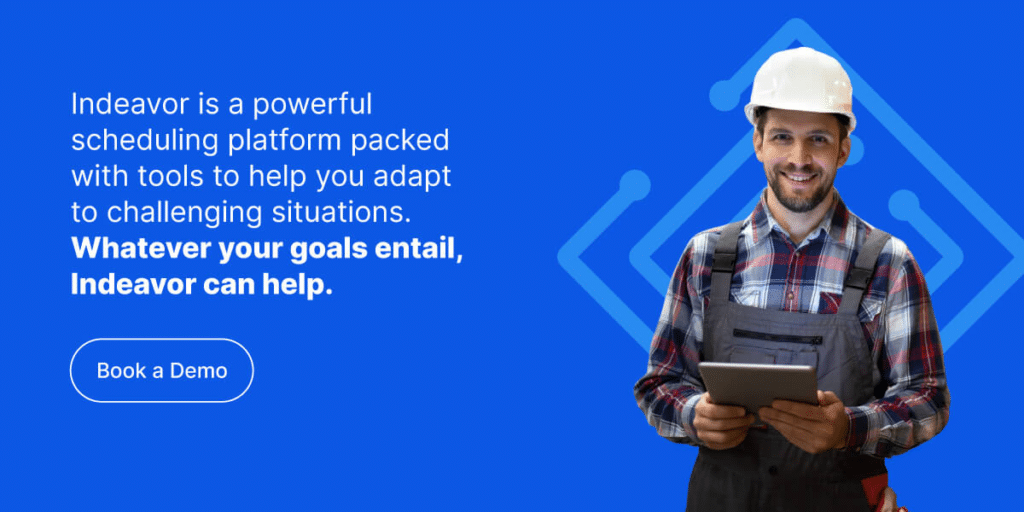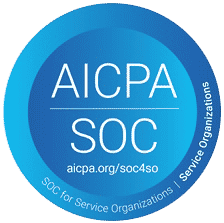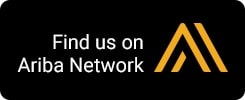In manufacturing facilities, attendance is more than just a routine administrative task; it’s a critical element that influences overall productivity, operational efficiency, and cost management. Unscheduled absences and tardiness can disrupt production schedules, affect team dynamics, and ultimately impact the bottom line. In this context, mobile scheduling emerges as a powerful solution to address these challenges.
According to a study by the Aberdeen Group, companies that implemented mobile scheduling solutions experienced a 25% reduction in absenteeism and a 15% increase in productivity. This highlights the tangible benefits of mobile scheduling in maintaining smooth operations and optimizing workforce management.
The Importance of Attendance in Manufacturing
Attendance plays a pivotal role in maintaining the smooth operation of manufacturing facilities. High attendance rates ensure that production lines run efficiently, meet deadlines, and maintain quality standards. Conversely, frequent absences can lead to delays, increased overtime costs, and strain on remaining staff.
Absenteeism can create bottlenecks, requiring managers to rearrange shifts or bring in temporary staff, which can disrupt operations and lead to decreased productivity. Effective attendance management is essential to avoid these disruptions and maintain high levels of operational efficiency.
Traditional methods of tracking attendance, such as paper timesheets or manual spreadsheets, are prone to errors and inefficiencies. These methods often lack real-time updates, making it difficult to address attendance issues promptly. Additionally, manual systems can be cumbersome and time-consuming, leading to administrative overhead and potential inaccuracies in records.
Consider a manufacturing plant that experiences high absenteeism rates. The absence of key personnel can halt production lines, cause delays in fulfilling orders, and increase stress on the remaining workforce. In such scenarios, the lack of immediate visibility into attendance patterns and the inability to make real-time adjustments can exacerbate the problem, affecting overall productivity and morale.
What is Mobile Scheduling?
Mobile scheduling refers to the use of digital tools and applications that allow employees and managers to manage and view work schedules through mobile devices. This approach leverages technology to streamline scheduling processes, enhance communication, and overall drive attendance management.
Mobile scheduling systems are designed to provide real-time access to work schedules, shift changes, and attendance records. These systems often include features such as automated notifications, self-service options for time-off requests, and integration with other HR and operational systems.
Key Features of Mobile Scheduling
- Real-Time Updates: Mobile scheduling platforms offer real-time updates on schedules and attendance, allowing both managers and employees to stay informed of any changes instantly.
- Self-Service Options: Employees can request time off, swap shifts, and view their schedules directly from their mobile devices, reducing the need for manual intervention.
- Automated Notifications: Notifications about shift changes, upcoming shifts, or absences are sent automatically, keeping everyone in the loop and reducing communication gaps.
- Adherence to Compliance: Mobile scheduling tools can be configured to comply with labor laws and union rules, ensuring that scheduling practices adhere to regulatory requirements. This helps avoid potential legal issues and maintains fair labor practices.
- Gathering Valuable Data: Mobile scheduling systems collect current, historical, and predictive scheduling data, allowing for more accurate resource allocation and planning. This data-driven approach helps in identifying patterns, forecasting future staffing needs, and optimizing workforce management.
Unlike traditional scheduling methods that rely on static documents or manual updates, mobile scheduling provides dynamic, real-time management capabilities. This modern approach enhances flexibility, reduces administrative burden, and improves accuracy in attendance tracking.
Common Challenges and Solutions
While mobile scheduling offers numerous benefits, its adoption may come with challenges. Addressing these challenges proactively can ensure a smooth transition and maximize the advantages of mobile scheduling.
Potential Issues
- Resistance to Change: Employees and managers accustomed to traditional methods may be resistant to adopting new technology.
- Integration Challenges: Integrating mobile scheduling systems with existing HR or ERP systems can be complex and may require technical adjustments.
- Resource Limitations: IT resources in manufacturing facilities are often stretched thin, making it challenging to allocate the necessary time and personnel to launch an additional software project like mobile scheduling. This can delay implementation and limit the effectiveness of the new system.
Strategies for Overcoming Challenges
- Training and Support: Providing comprehensive training and ongoing support can help ease the transition and address any concerns about the new system.
- Phased Implementation: Implementing mobile scheduling in phases, starting with a pilot program, can help identify potential issues and refine the process before full-scale deployment.
- Prioritize Resource Allocation: To address resource limitations, prioritize the mobile scheduling project by clearly defining its benefits and aligning it with business objectives.

Benefits of Mobile Scheduling for Manufacturing Facilities
Mobile scheduling can transform attendance management in manufacturing facilities by offering several key benefits:
Improved Attendance Tracking
Mobile scheduling systems provide real-time updates and notifications, allowing managers to address absences or tardiness promptly. This immediacy helps in maintaining accurate records and enables real-time adjustments to schedules, ensuring that any issues are quickly resolved.
Furthermore, easy access to schedules and shift information reduces the likelihood of employees missing shifts or forgetting their duties. This increased visibility into schedules leads to a noticeable reduction in absenteeism, as employees are more aware of their responsibilities.
Enhanced Employee Engagement
Mobile scheduling enhances employee engagement by allowing workers to view their schedules, request time off, and swap shifts directly from their mobile devices. This convenience increases transparency and fosters a more engaged workforce, as employees can manage their schedules with ease.
The self-service options provided by mobile scheduling platforms empower employees to take control of their own schedules. This autonomy fosters a sense of responsibility and ownership, leading to higher job satisfaction and engagement.
Streamlined Communication
Automated notifications play a crucial role in mobile scheduling by providing instant updates about shift changes, urgent updates, or schedule modifications. These notifications keep everyone informed and minimize the chances of miscommunication, ensuring that all team members are on the same page.
Mobile scheduling also facilitates better coordination between managers and staff. By streamlining communication, it ensures that everyone is aligned with production requirements and any changes in the schedule, which enhances overall operational efficiency.
Increased Flexibility
Mobile scheduling offers significant flexibility by allowing managers to make adjustments to schedules, approve time-off requests, and address attendance issues from anywhere. This on-the-go management capability enhances operational flexibility and responsiveness.
Moreover, mobile scheduling systems are adaptable to sudden changes, such as unexpected absenteeism or urgent production needs. This adaptability ensures that manufacturing operations can continue smoothly, even when unforeseen issues arise.
Indeavor’s Solution
Indeavor’s mobile scheduling platform provides a comprehensive suite of features tailored for manufacturing environments. It integrates seamlessly with existing systems, offering a user-friendly interface that simplifies scheduling tasks for both managers and employees.
Key Features and Functionalities
- Enhanced Tracking and Updates: Indeavor’s solution offers real-time updates and accurate tracking, helping facilities maintain smooth operations and address attendance issues swiftly.
- Streamlined User Experience: The user-friendly interface enhances employee engagement by making schedule management easy and accessible from mobile devices.
- Comprehensive Reporting: Indeavor’s analytics provide in-depth insights that help managers make informed decisions and optimize scheduling practices.
Conclusion
Mobile scheduling is a game-changer for managing attendance in manufacturing facilities. By offering real-time updates, enhancing employee engagement, and streamlining communication, mobile scheduling addresses many of the challenges associated with traditional methods. Indeavor’s solution exemplifies how advanced mobile scheduling tools can transform attendance management, providing significant benefits and efficiencies.
As manufacturing facilities continue to seek ways to optimize operations and improve productivity, exploring mobile scheduling solutions like Indeavor’s can be a strategic move. By adopting these modern tools, facilities can drive better attendance, enhance employee satisfaction, and achieve operational excellence.
If you’re ready to modernize attendance management in your manufacturing facility, consider exploring mobile scheduling solutions to see how they can work for you.
About the Author
Claire Pieper is the Digital Marketing Specialist for Indeavor. In her role, she specializes in crafting strategic and engaging content, ensuring that customers are well-informed. Claire is dedicated to enhancing the customer experience and optimizing the user journey through Indeavor’s solutions. To learn more or get in touch, connect with Claire on LinkedIn.







